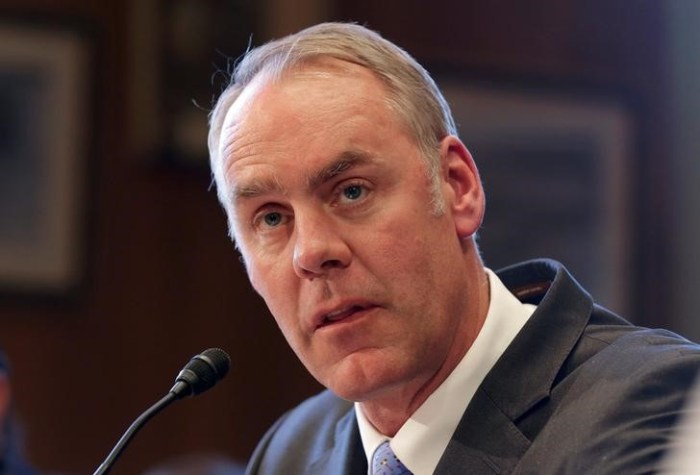By Rory Carroll
(Reuters) – S&P Global Ratings warned on Thursday that the credit rating for key Alaska bonds could go down if lawmakers fail to agree on a budget that addresses the state’s long term-fiscal problems. Alaska Governor Bill Walker convened a special session of the legislature late last month aimed at passing a budget for fiscal 2017 and closing the state’s nearly $4 billion deficit, which has been driven by a collapse in global oil prices. S&P on Thursday put the state’s AA-plus general obligation, AA appropriation, and A-plus moral obligation ratings on Alaska’s debt on CreditWatch with negative implications.
The bond proceeds are expected to pay for several transportation-related projects.
“The CreditWatch placement indicates that we may lower Alaska’s credit rating if state policymakers defer adopting fiscal reforms to correct the state’s structural budget deficit,” said Gabriel Petek, a S&P Global Ratings credit analyst. Since the special session began late last month the legislature has passed a $4.4 billion spending plan for fiscal 2017 and a bill to reduce the cost of the state’s oil and gas tax credit program, S&P said. But it is unclear if a hotly contested bill that would transfer money from the state’s permanent fund to its general fund will overcome opposition in the state House of Representatives. The bill, SB 128, would reduce the amount paid out to residents annually from the fund. Even if it passes, S&P said it remains to be seen whether SB 128 and other fiscal reforms would be sufficient to put Alaska’s fiscal structure on a sustainable trajectory.
“Enactment of SB 128 alone would shrink the deficit, but it wouldn’t eliminate it. In order to fully close the structural fiscal gap, other measures – such as new income tax or more spending cuts – would also be necessary,” S&P said. Despite the budget deficit, S&P said Alaska continues to have very strong credit quality due to the large reserves it built up over times when oil prices were high.
(Reporting by Rory Carroll in San Francisco; Editing by Matthew Lewis)


















